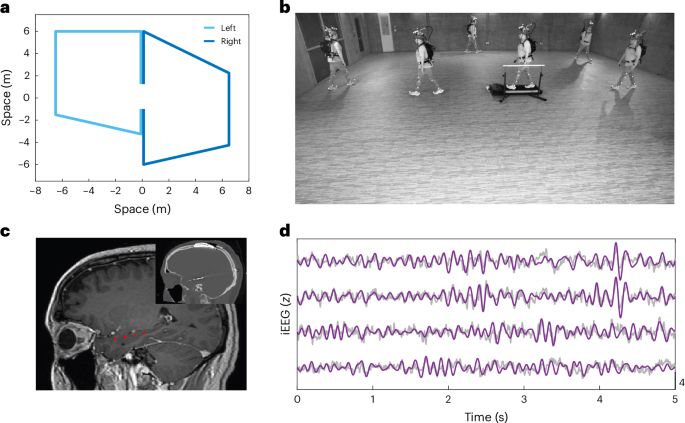Her research on patient H.M. built the foundation of cognitive neuroscience.
#WomenInScience #MemoryResearch #NeuroHistory

Her research on patient H.M. built the foundation of cognitive neuroscience.
#WomenInScience #MemoryResearch #NeuroHistory
I'm incredibly grateful to the program officers & reviewers for their dedication and efforts to keep science going 🌟👏🏼
So, I'll be hiring! Looking for a postdoc to study competition in memory-guided attention. See flyer for details! 🎉
![[Aly Lab Logo: schematic of brain in shades of blue with two cut-out seahorses facing each other]. Postdoctoral Position in the Aly Lab at UC Berkeley. We are recruiting a postdoctoral scholar to work on NSF-funded research examining competition and cooperation in memory-guided attention. The position will be supervised by Dr. Mariam Aly (https://www.alylab.org/) in the Department of Psychology at UC Berkeley. Candidates should have a PhD in Psychology, Neuroscience, Cognitive Science, or a related field, and expertise in studies of behavior as well as neuroimaging and/or eye tracking. This is a two-year position with a flexible start date. More details here: https://tinyurl.com/alylabpostdoc](https://cdn.bsky.app/img/feed_thumbnail/plain/did:plc:qyyyb45vdwvzmg5nppheyus3/bafkreiflybsnnzenqx3wk3somkmoo2vkjk3ljmlorujtweunhqucjxzoa4@jpeg)
I'm incredibly grateful to the program officers & reviewers for their dedication and efforts to keep science going 🌟👏🏼
So, I'll be hiring! Looking for a postdoc to study competition in memory-guided attention. See flyer for details! 🎉
A dream study of mine for nearly 20 yrs not possible until now thanks to NIH 🧠 funding & 1st-author lead @seeber.bsky.social
We tracked hippocampal activity as people walked memory-guided paths & imagined them again. Did brain patterns reappear?🧵👇
www.nature.com/articles/s41...

A dream study of mine for nearly 20 yrs not possible until now thanks to NIH 🧠 funding & 1st-author lead @seeber.bsky.social
We tracked hippocampal activity as people walked memory-guided paths & imagined them again. Did brain patterns reappear?🧵👇
www.nature.com/articles/s41...
Please consider applying or sharing!
jobs.brassring.com/TGnewUI/Sear...
Please consider applying or sharing!
jobs.brassring.com/TGnewUI/Sear...
Am I missing somebody?
go.bsky.app/B9A9Cho
Am I missing somebody?
go.bsky.app/B9A9Cho

